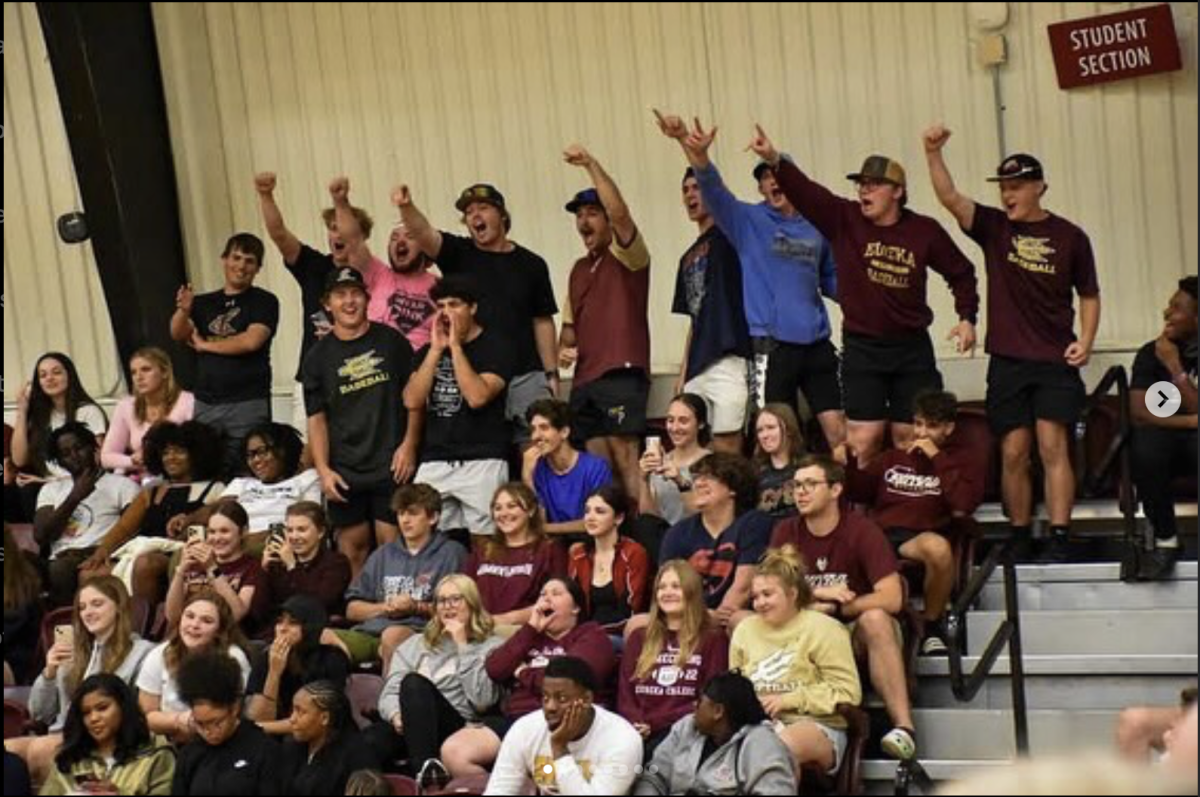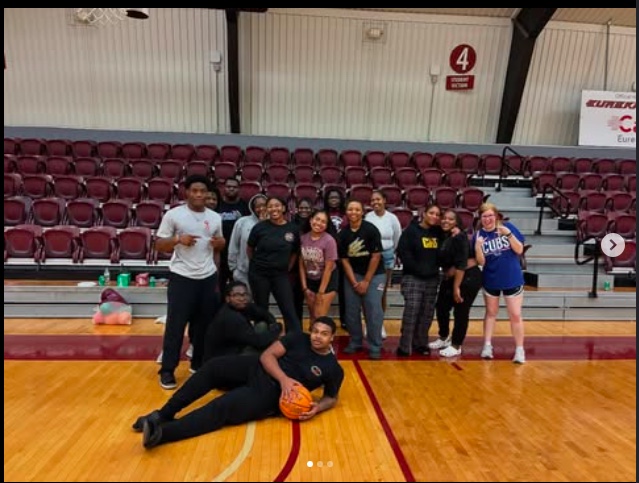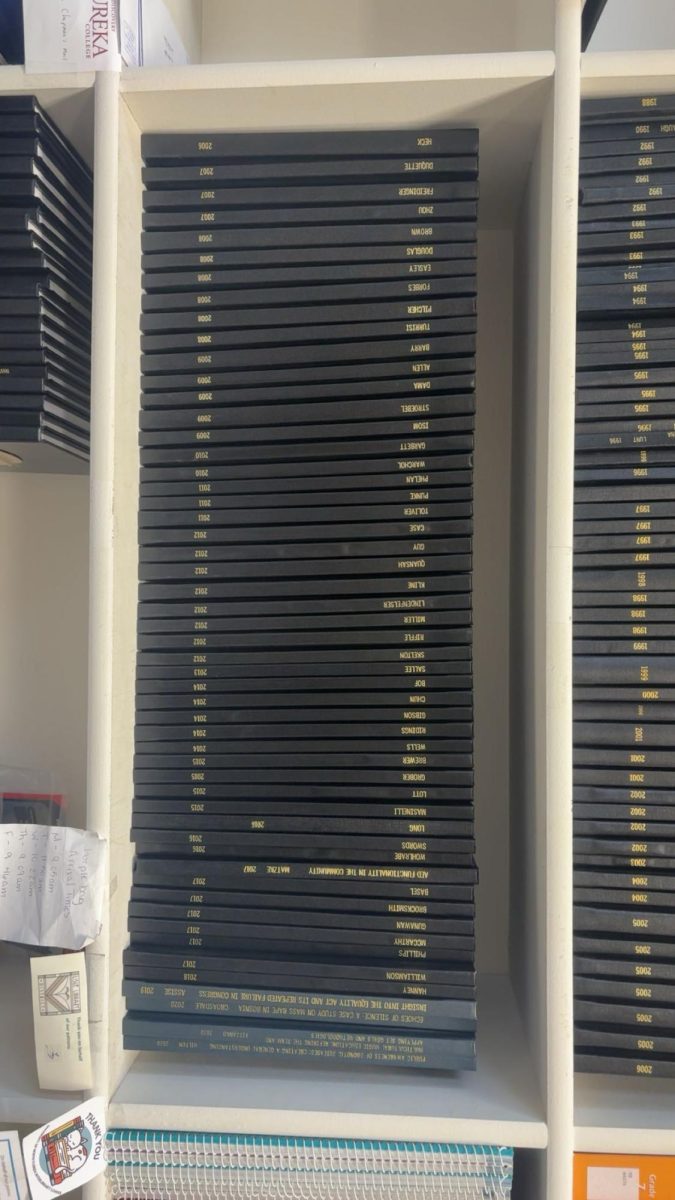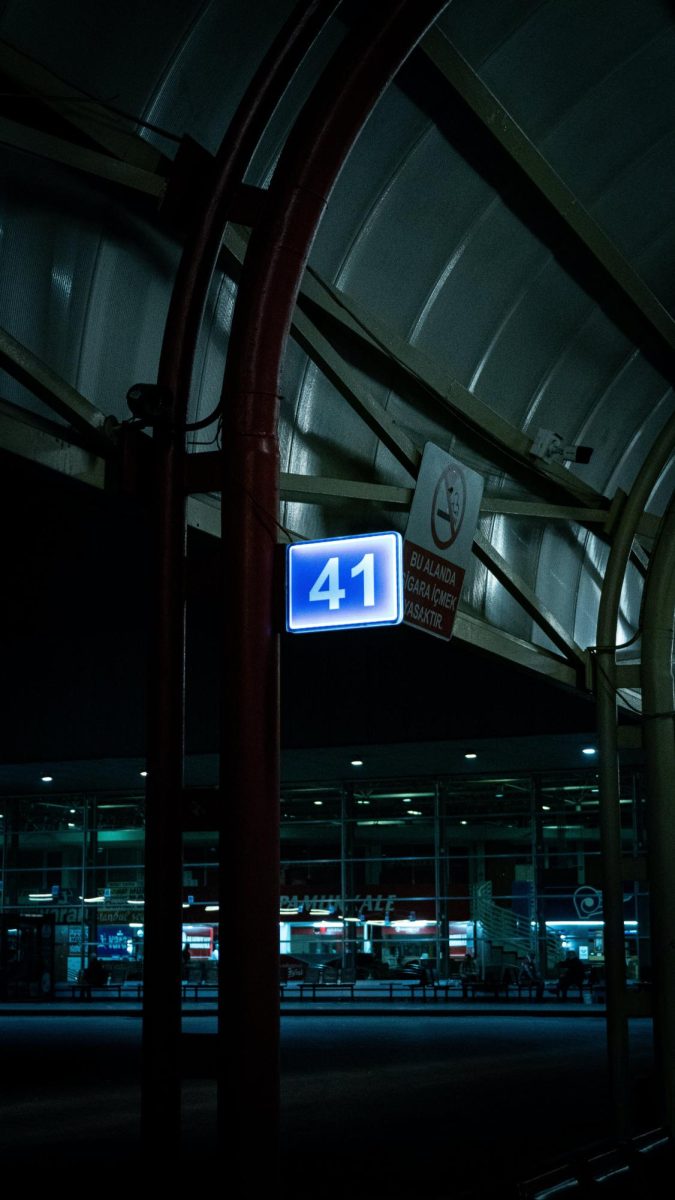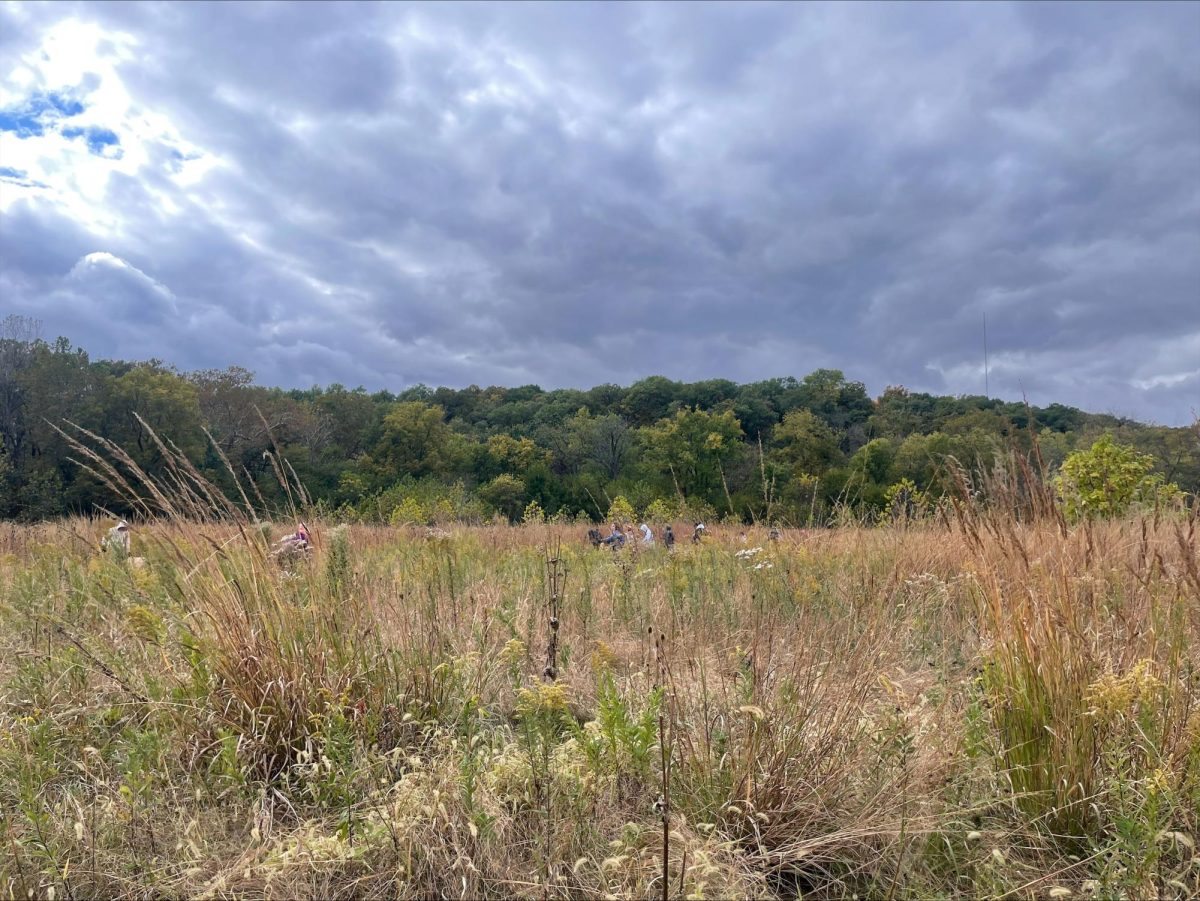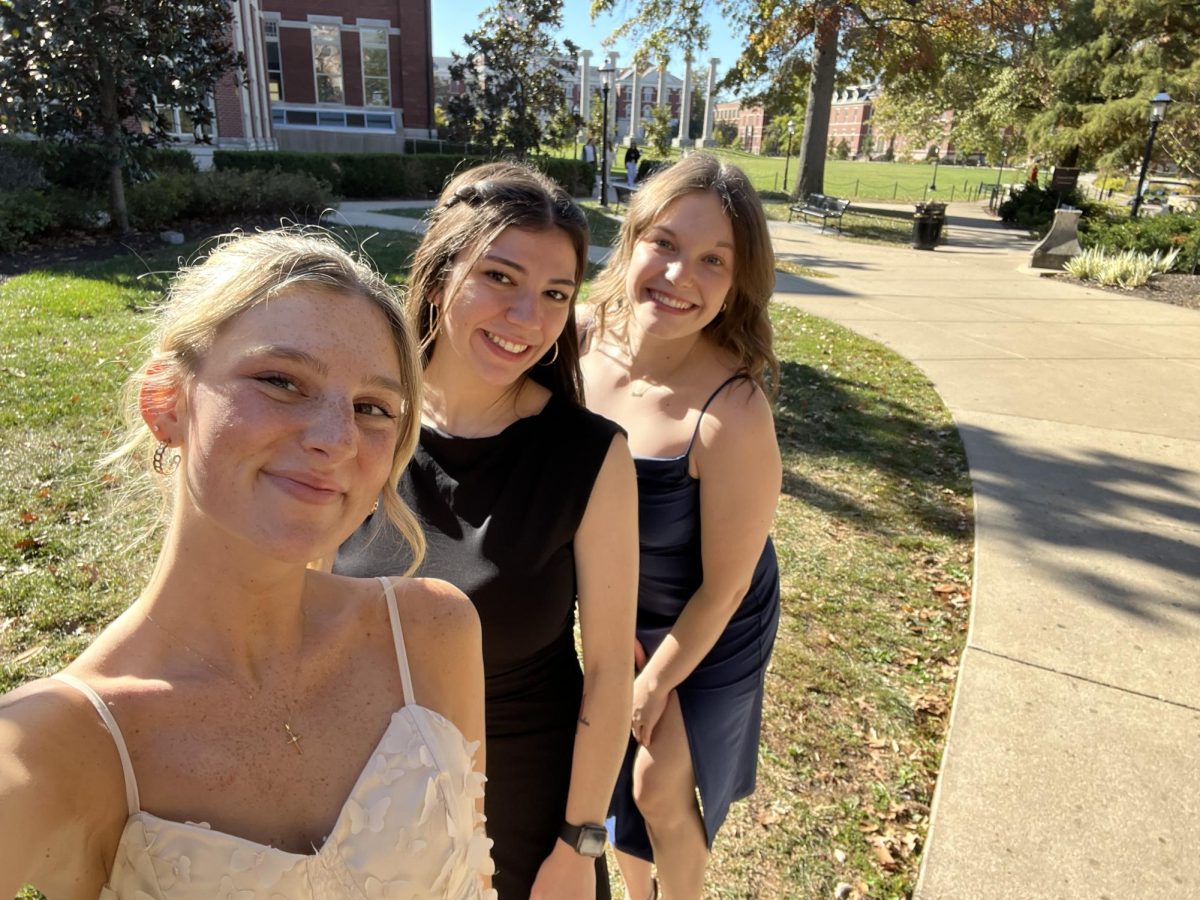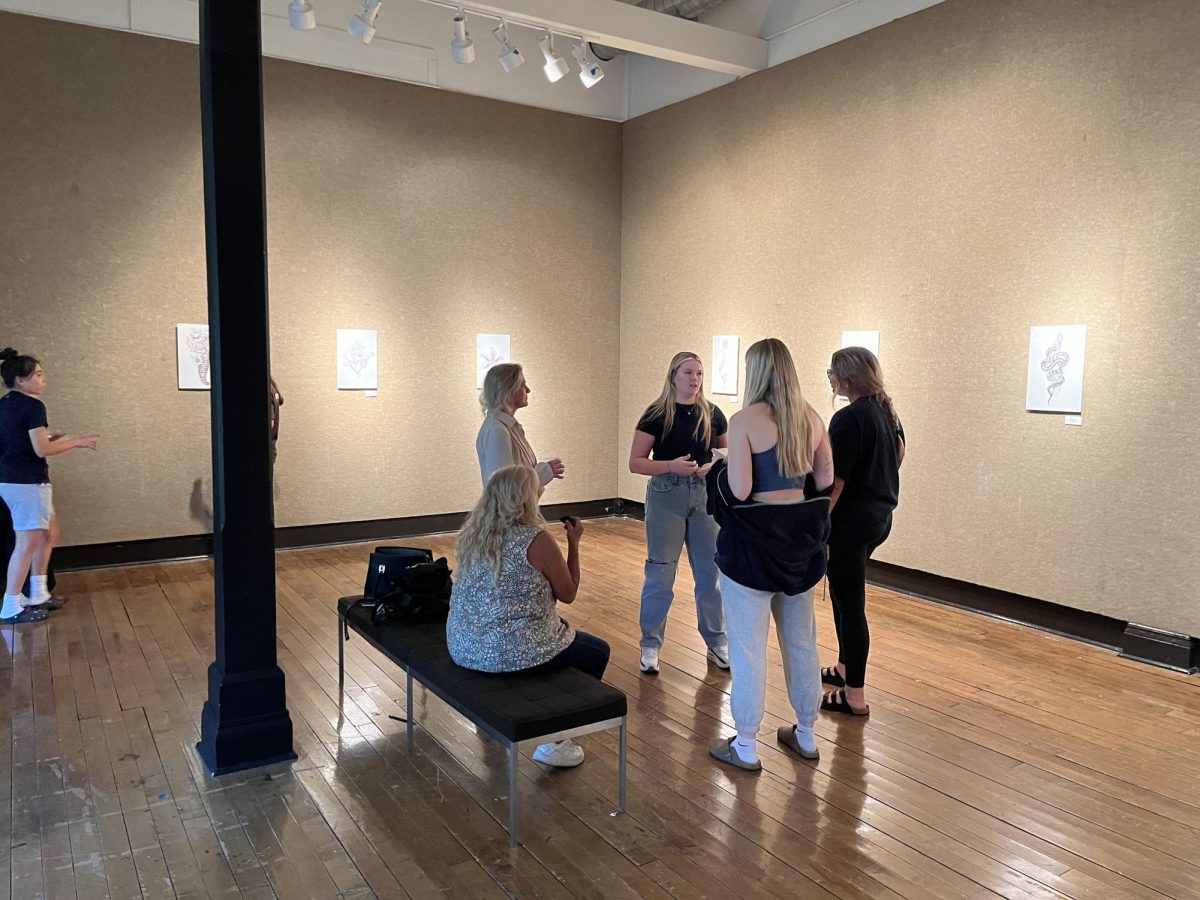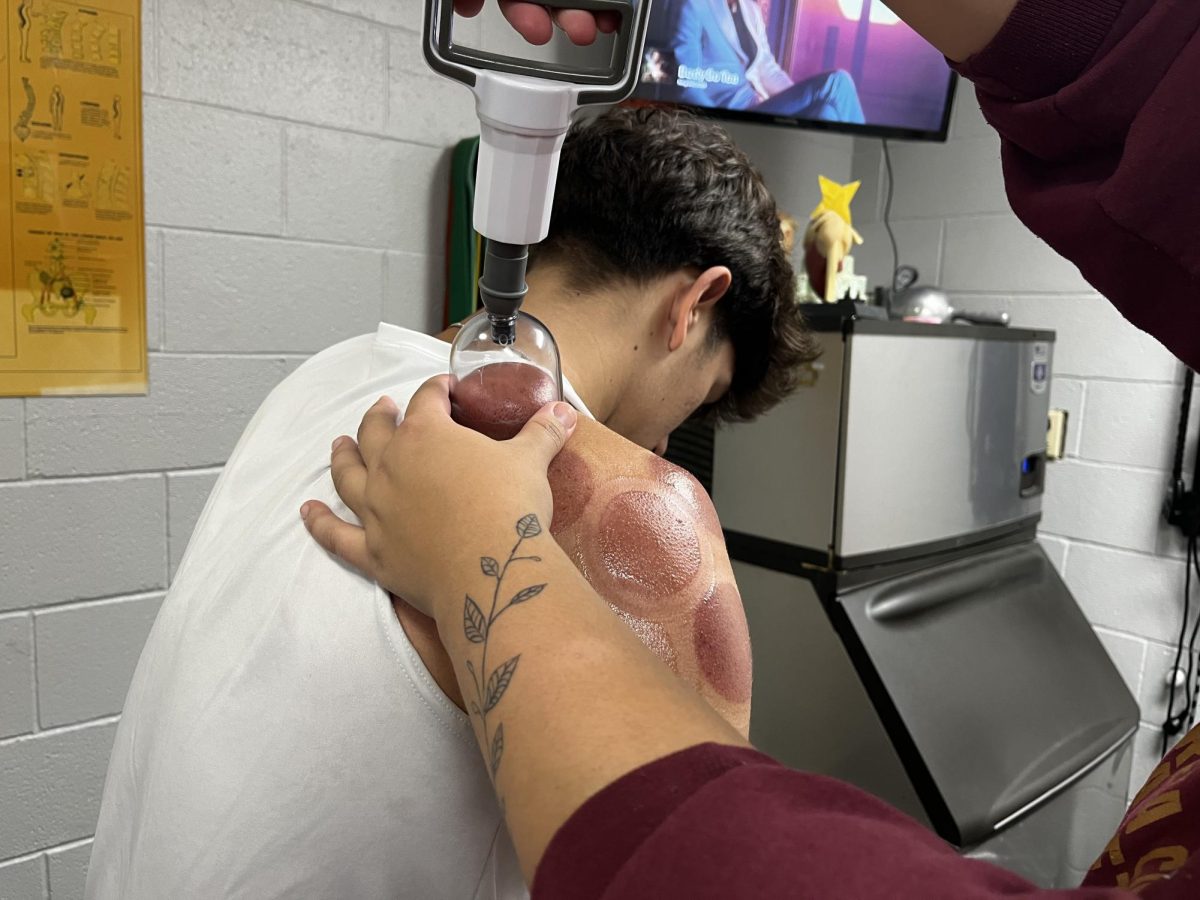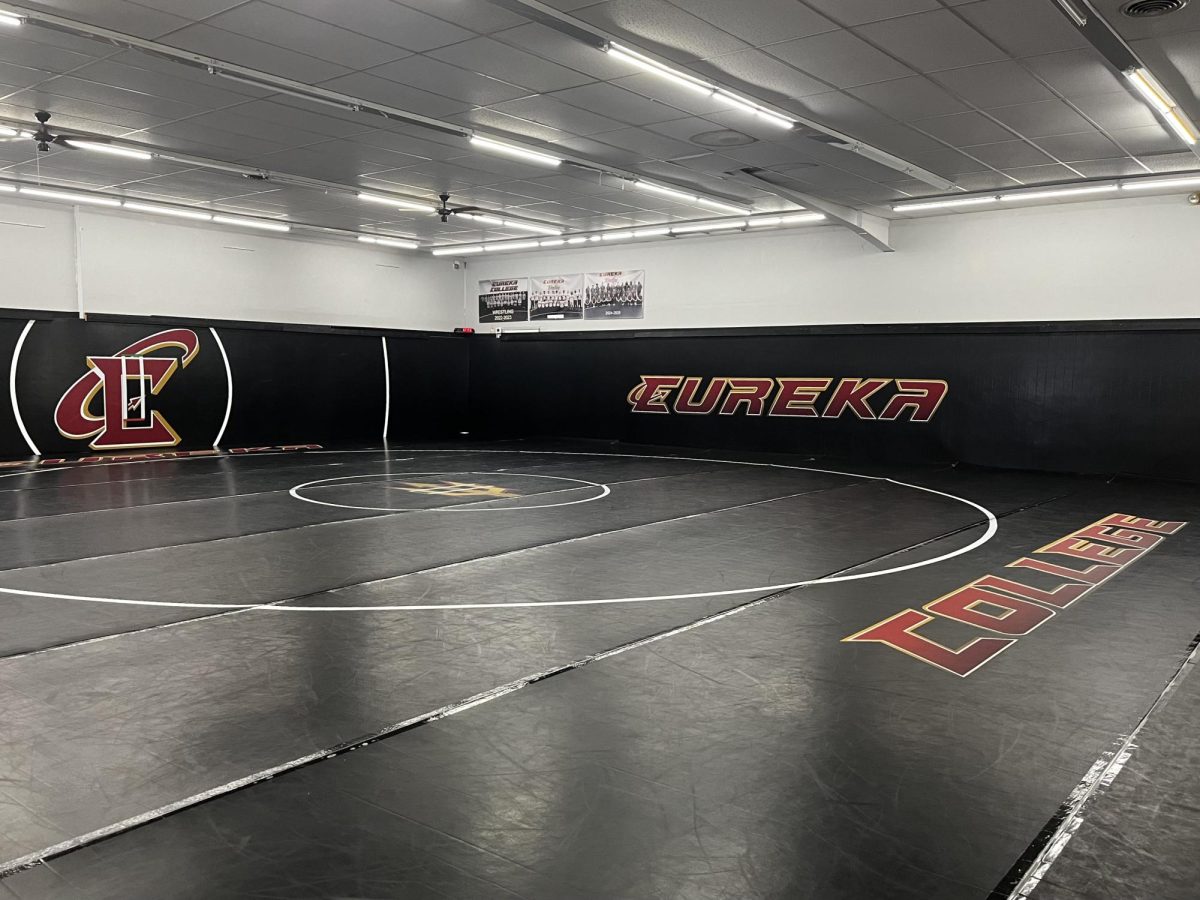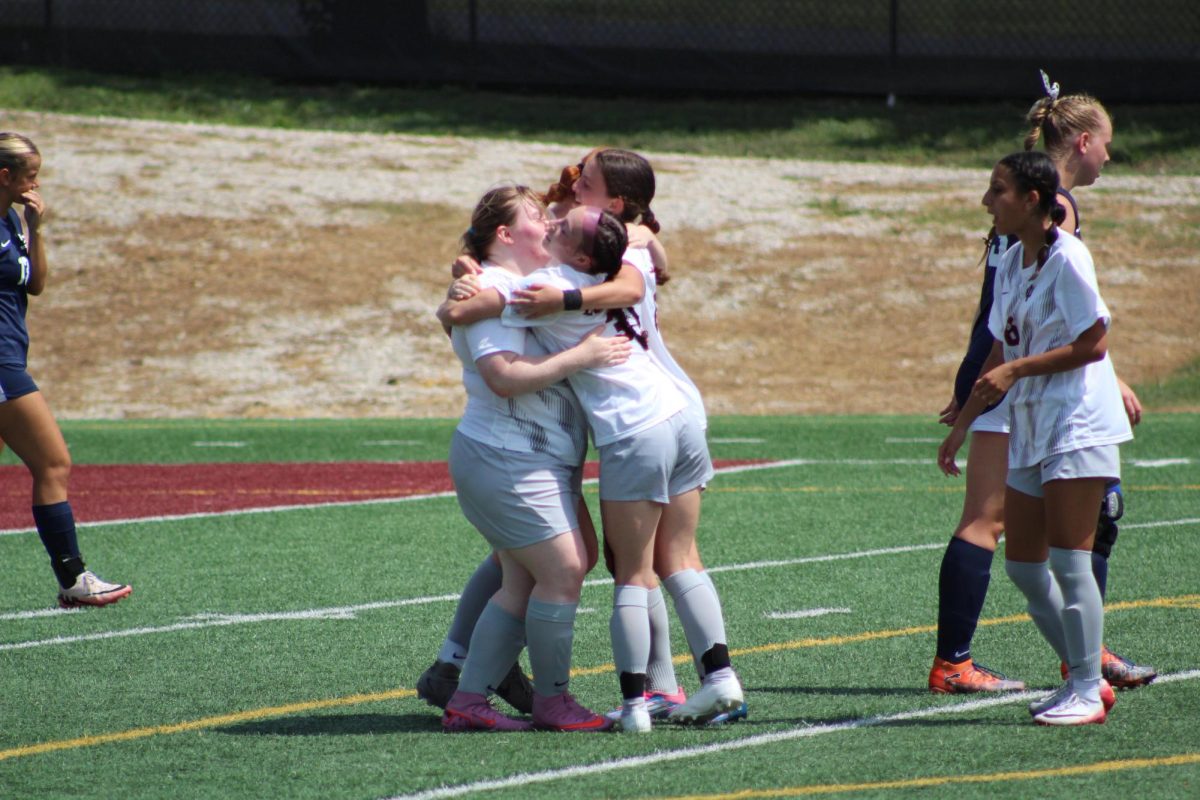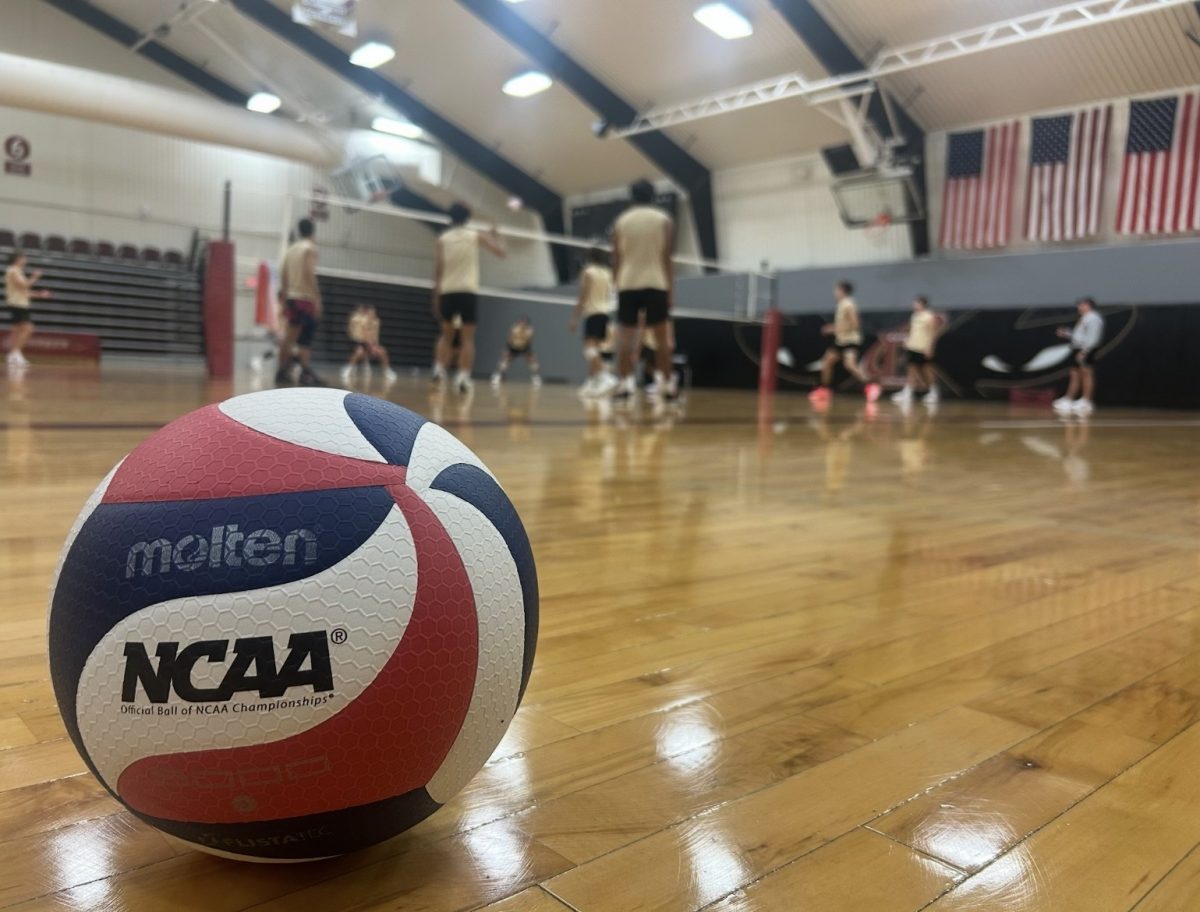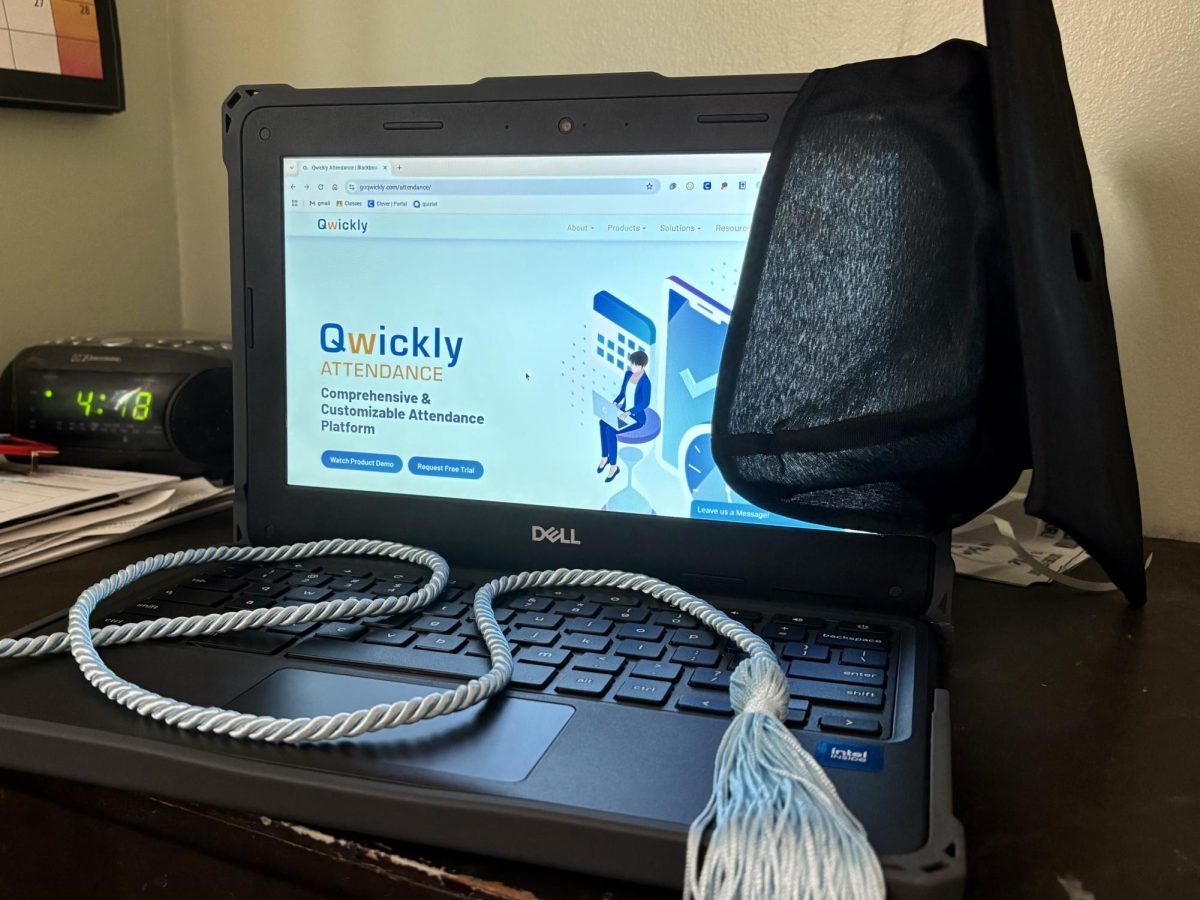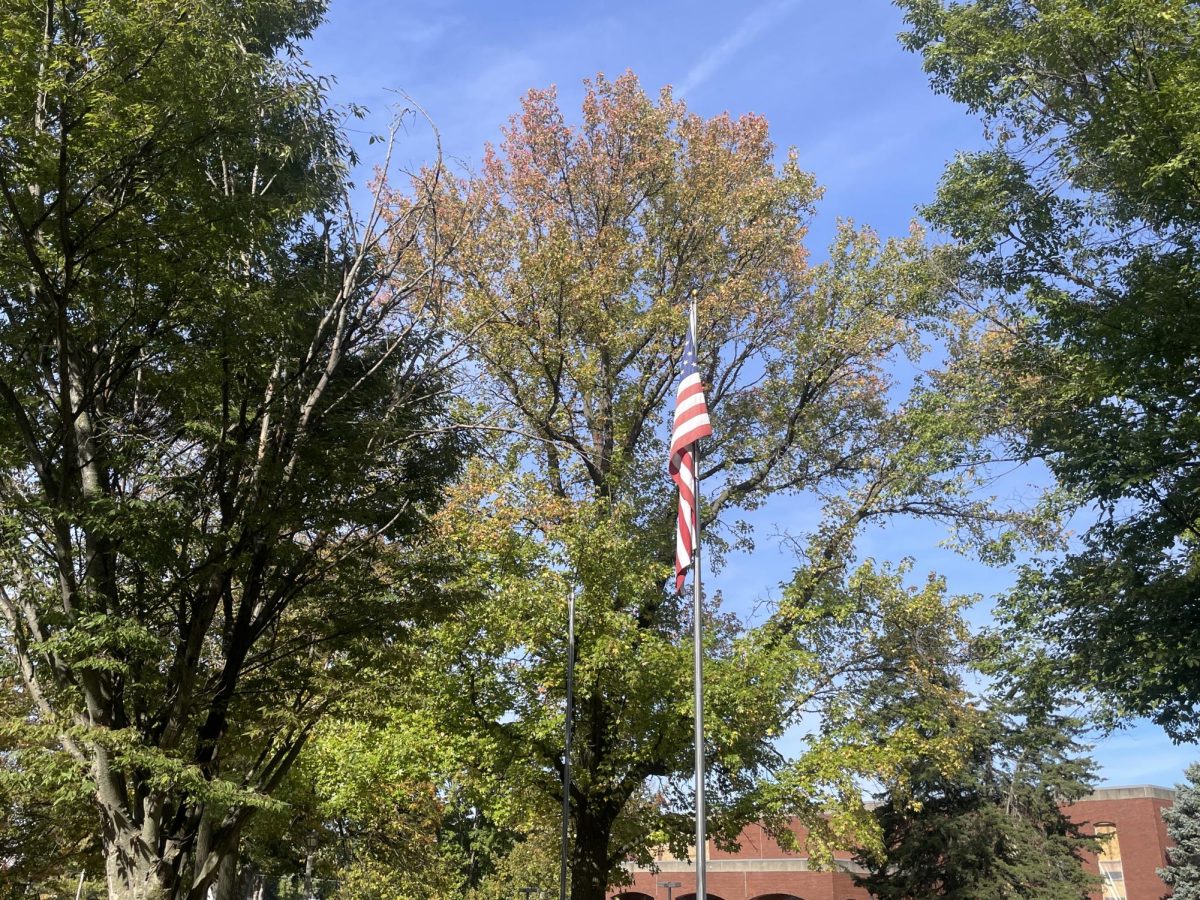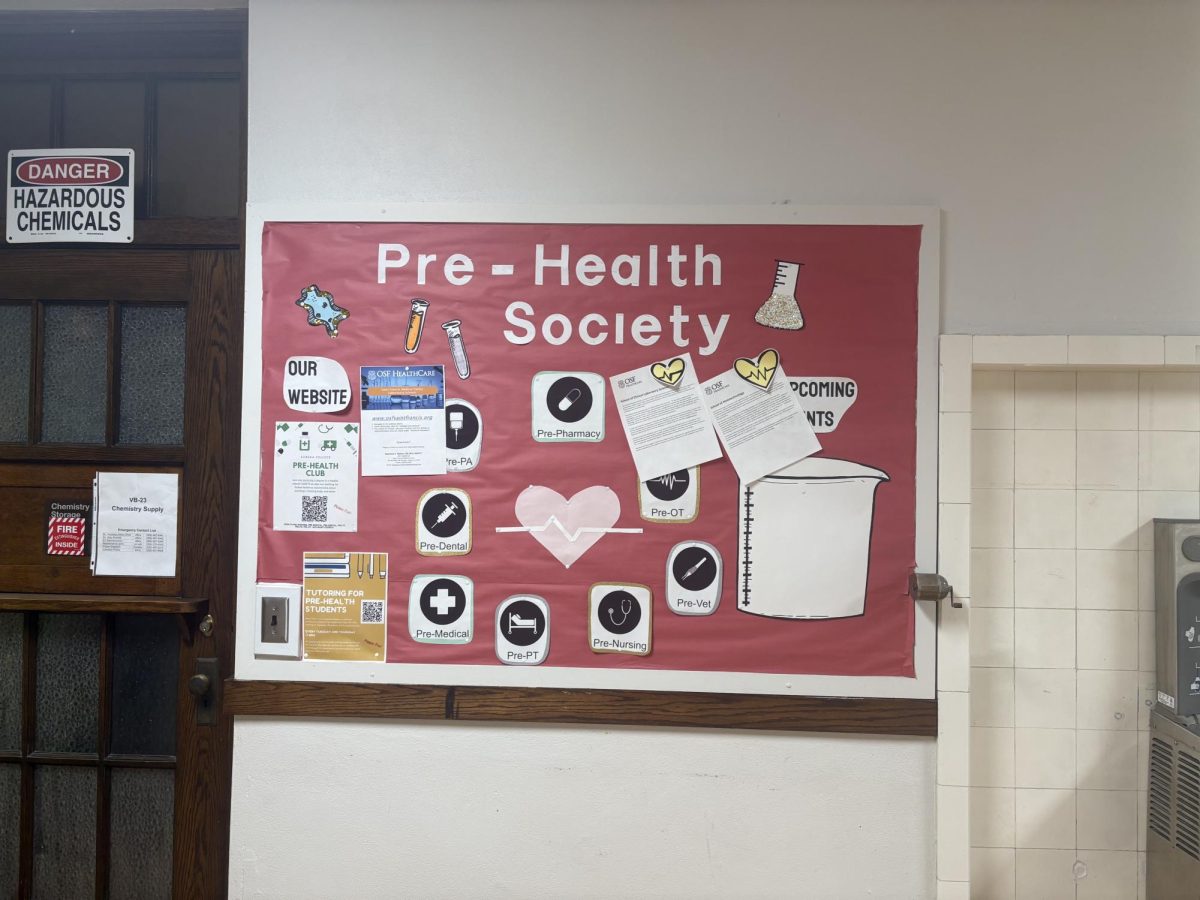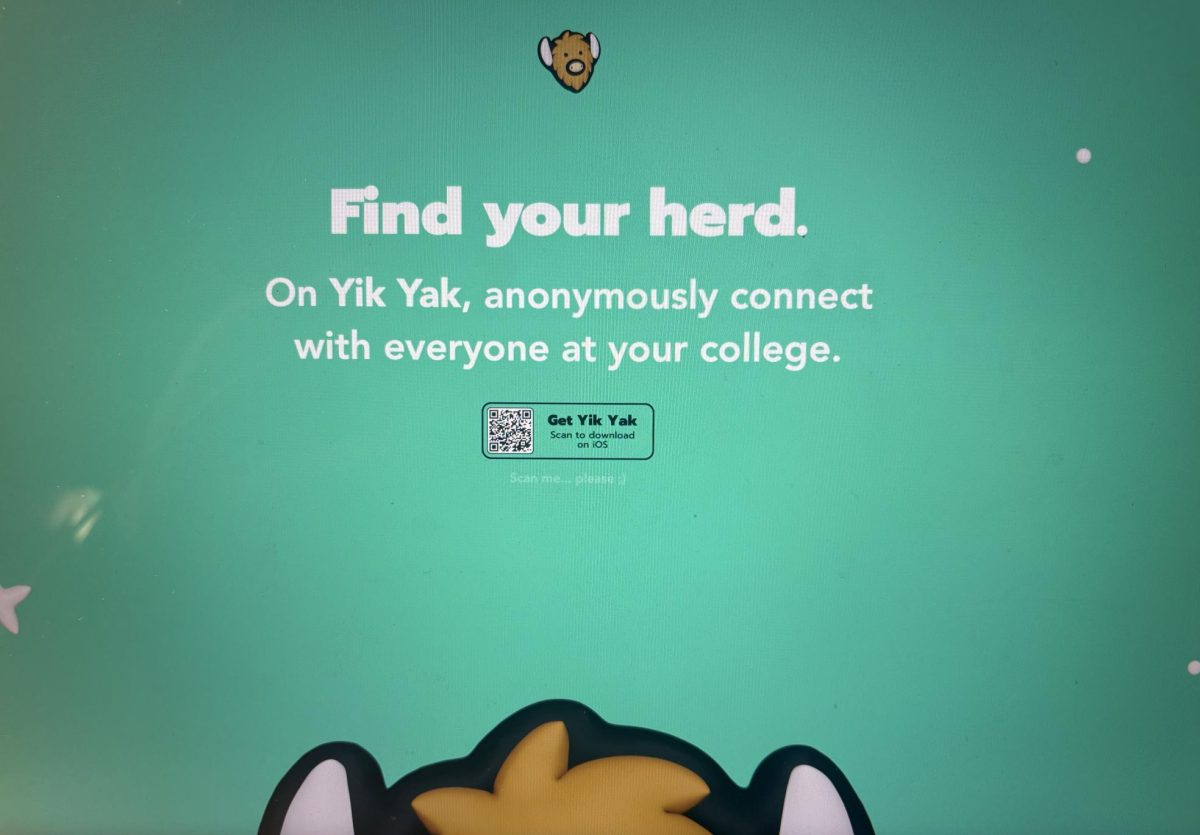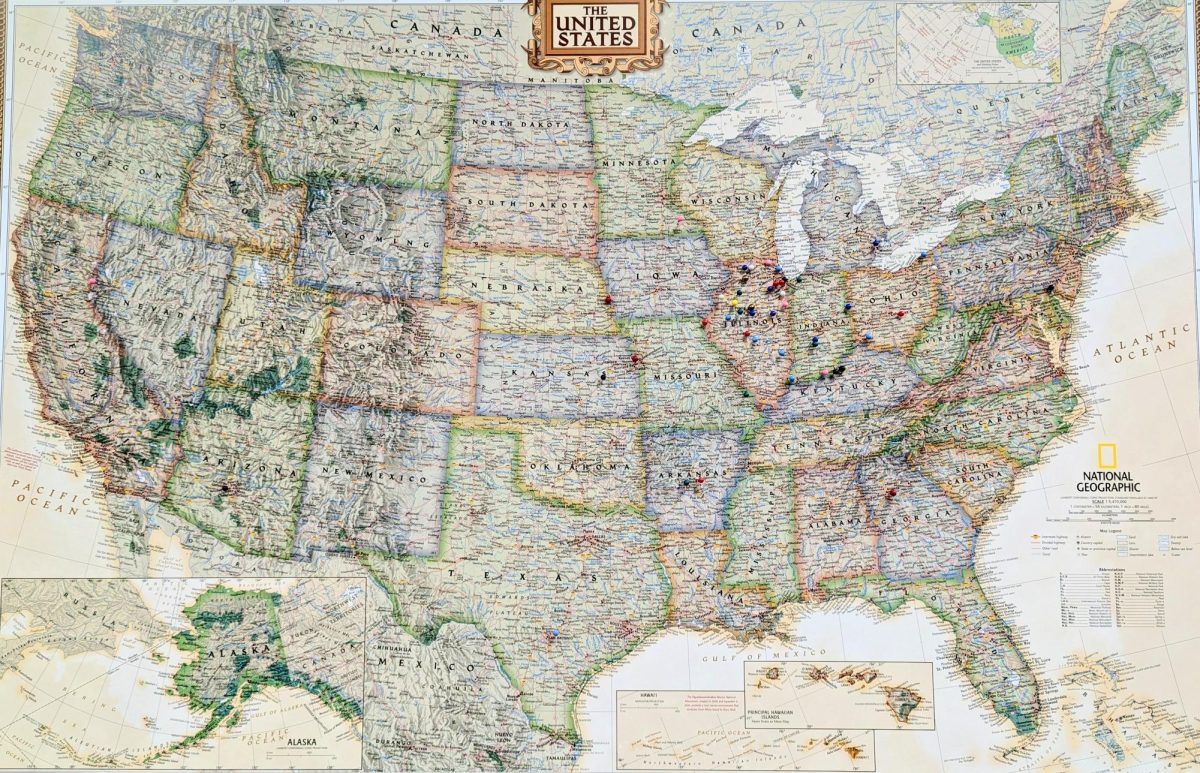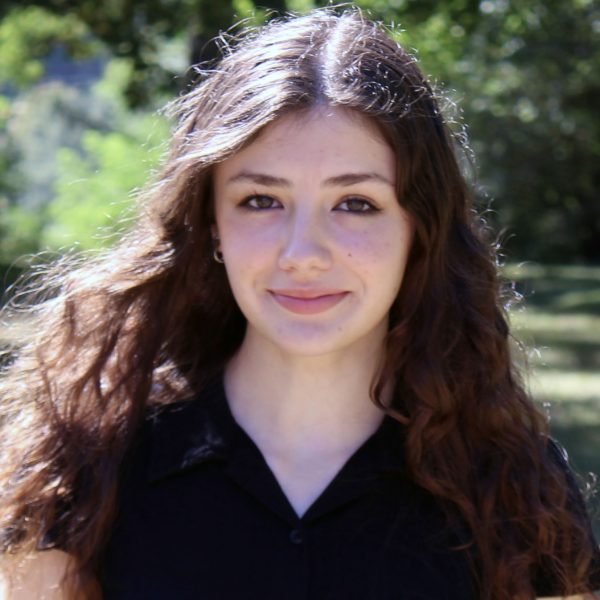After returning or arriving to Eureka College’s campus this fall, students have been alerted of several new policies, changing the scope of academics and on-campus engagement for years to come.
Previously, attendance was assessed on a case-by-case basis, according to the professor and class rules. It wasn’t uncommon for professors to allow a certain number of “free” absences or dismiss attendance until it came time to enter final grades. Starting Fall 2025, professors are required to use the attendance tracker Qwickly.
Qwickly, launched in 2013, outlines their goals to “Keep students enrolled, keep students safe, and keep students engaged.” Many higher education institutions, including Eureka, have struggled with declining retention rates and low engagement. Qwickly is a way to combat this, tracking not only course attendance, but mandatory orientation events, sports games, and other campus activities.
Freshmen new to the campus may be unfamiliar with the idea of required attendance in higher education, or have different expectations than presented. Evan Gillespie, a freshman majoring in Environmental Science, wasn’t too taken aback by any requirement he learned of.
“I think it’s going to be helpful. One of the reasons I came to Eureka is for the small campus, and it helps you be held accountable. They don’t necessarily hold your hand, but it’s harder to just get lost,” Gillespie said.
Still, some students may be displeased. Required attendance takes away a large element of choice presented in college. Liz Wicks, Student Body President, believes that although different, changes will ultimately benefit the student population.
“The implementation of required attendance is a good thing overall. I understand that it can be weird or even frustrating to be subjected to this policy. However, in years past the college has had a retention issue—something students are no stranger to,” Wicks said.
Through the tracking of these events comes the implementation of digital badges, a way to push students to become involved in multiple ways on campus.
Professor Whitney Carver, Associate Professor of Special Education, serves on the board for a Title III Federal Grant, received in 2023, which aims to recruit, retain, and persist students. Programs such as First Year Interest Groups and College Connect have been implemented because of this grant.
“We have different pathways that students can go on, and the badges were one of the things that the grant did develop in order to help students with the retention persistence, things that can help them connect with the college outside of just going to class,” Carver said.
Badge systems and attendance are also a way to help incoming freshmen adjust to college. Although often regarded as a time for independence, many students struggle with the new environment, classes, and navigating life on their own. Badges can help students jumpstart their familiarity with the school, as well as keep continued interest in activities throughout their undergraduate experience.
“I think this badge system will help incentivize people to be involved and form more of a culture and support everyone else,” Gillespie said.
The types of badges students can complete vary by interest. Although two, the Campus Engagement and Professionalism badges, are required, students can choose between a multitude of other activities to complete to earn their third badge. Global Citizen, Creative Expression, Leadership, and Scholar are all options for a third badge.
“Just like we developed a whole wide range of majors, minors, and certificates, we’re now looking at badges,” Carver said.
For any first-year student entering Eureka in the Fall 2025 semester and beyond, badges will be a graduation necessity. However, reminders have been given to students during welcome week, and will be pushed during academic advisee meetings. Any student above the freshman grade level is welcome to complete a badge, however, they will not be a graduation requirement.
Though enacted for a greater purpose, potential concerns could arise. If not accounted for all four years of college, students could fall behind in collecting badges. An opinion published on Inside Higher Ed addresses potential course clashes and time constraints with badges, but ultimately recognizes the value of an engaged campus.
The ability to scan into events, such as Convocation, has been introduced to campus. Students, if completing a badge, should be on the lookout for scanners at events and activities to avoid falling behind.
Through these changes, among others implemented at the start of the academic year, comes the overall betterment of the campus community. Though unfamiliar to some, a well-thought implementation of change such as these can greatly improve campus culture and quality of life at Eureka.


